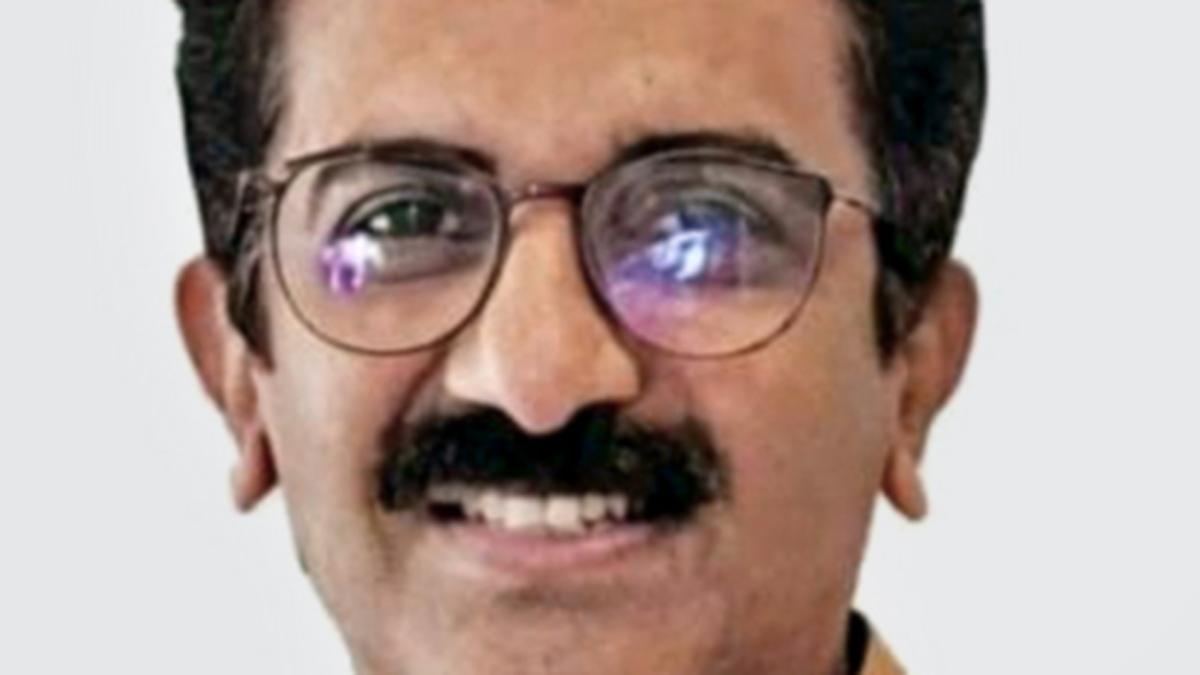Now Reading: Left Parties Warn of Protests Against Power Sector Reforms
-
01
Left Parties Warn of Protests Against Power Sector Reforms
Left Parties Warn of Protests Against Power Sector Reforms

Speedy Summary
- Protest Background: The incident from August 28, 2000, involved police firing during protests against a hike in power tariffs at Basheerbagh, Hyderabad.three persons who died are described as martyrs by Left party leaders.
- Power Tariff Hike: Criticism was directed at the TDP-led goverment for raising power tariffs over the past year, resulting in inflated bills of ₹15,485 crore for consumers.
- Political Commentary on Reforms: CPI (M) state Secretary V. Srinivasa Rao accused former Chief Minister Chandrababu Naidu’s reforms of burdening ordinary people under pressure from corporate interests and institutions like the World Bank.
- Role of Electricity Regulatory Authority: Allegations were made that the A.P. Electricity Regulatory Authority is approving tariff hikes proposed by DISCOMs without protecting consumer interests.
- Smart Meters Opposition: Left leaders criticized the government and DISCOMs for imposing additional charges and installing smart meters despite previous resistance from some ruling-party members.
Indian Opinion Analysis
The article underscores long-standing tensions between reformist policies aimed at modernizing infrastructure and their human cost to consumers in India. The Basheerbagh protest serves as a ancient reminder of public backlash when governance priorities appear misaligned with affordability concerns of ordinary citizens.
while such reforms may have intentions rooted in improving financial sustainability or operational efficiency-pressures from global entities like funding agencies ofen led to hard decisions-their immediate effect on vulnerable populations warrants close scrutiny. Leaders opposing measures such as smart meters emphasize openness and consumer fairness as essential counterbalances.
Looking ahead, how governments balance energy sector modernization with ensuring equitable pricing will be critical not only for Andhra Pradesh but also as a model across India’s states navigating similar structural reforms.
Read more: Link
























